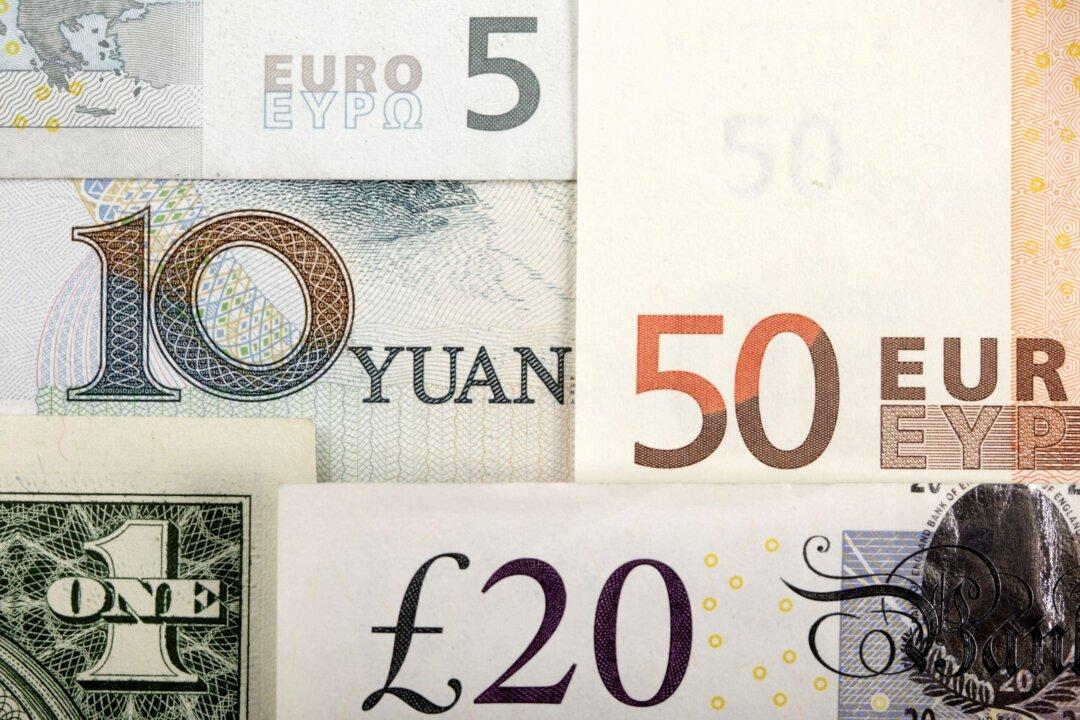LONDON—Sterling and the euro fell on Thursday as Prime Minister Liz Truss defended her government tax-cutting budget, while relief at the Bank of England’s intervention in bond markets faded.
Investors also awaited German inflation data.

LONDON—Sterling and the euro fell on Thursday as Prime Minister Liz Truss defended her government tax-cutting budget, while relief at the Bank of England’s intervention in bond markets faded.
Investors also awaited German inflation data.